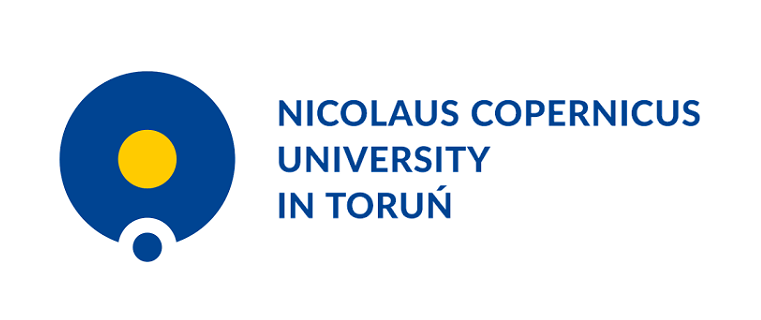Plan on equality
It has been a year since Nicolaus Copernicus University agreed on "Gender Equality Plan" (GEP). A part of its decisions has already been introduced. Others are in the process of implementation.
Care for the quality of education and the conducted research in science and arts cannot go without open, differentiated and, most of all, equality-based working environment. NCU in Toruń consequently supports the creating, setting, and retaining this working culture, which is based on equality, and gender equality in most areas.
- Aiming at introducing standards, the objective of which is to guarantee equal treatment, gender included, in February 2022 Nicolaus Copernicus University adopted "Gender Equality Plan 2022-2026" – confirms professor Dr. habil Andrzej Sokala, NCU Rector. – The document was prepared by a panel of experts, who were using the regulations included in the Statute of our university, our strategy for years 2022-2026, personnel policy of NCU, YUFE strategic documents. They also used results of statistical diagnosis of the gender structure of the university and conclusions from a wide spectrum of consultations.
Key areas
The document contains a series of actions divided according to five strategic areas: management and decision-taking, development of academic career and recruitment processes, work-life balance, safe and friendly place of work and study, and gender in research work and teaching programs. The range of proposed actions is based on a few basic fundaments: leadership and decision-making, research career development and recruitment processes, work-life balance, safe and friendly work and learning environment (with regard to gender) and gender in research and in curricula.
Division of duties
The preparation of the plan, its popularization and the execution of its objectives is in charge of a team appointed by the Rector of NCU, and it consists of both managing, academic, and administrative staff.
As a team, we are also responsible for the evaluation of the actions. After two years, which is already in one year time, the evaluation will take place. We will assess what has been successfully implemented and what has not, what we can improve and add – explains Dr. habil Aleksandra Derra, NCU professor from the team responsible for GEP. – We are in close cooperation with, for instance, a University Social Responsibility coordinator.
Popularizing action
- In the first run, we focused on popularizing the plan, and most of the actions were run just on this level – explains prof. Derra. – This is absolutely essential in the first phase to make people know that GEP exists, to inform them where it is available and what it includes.
The fact that GEP had been adopted was announced in a special letter of NCU Rector. Next, the document was presented and discussed in the Senate of the university. The next step was to make the letter available to various units of the University, such as sections, faculties, institutes, and Centers functioning within the structure of the University.
Conformity with the strategy
It is worth adding that many elements of GEP have been included into the strategy of the University, where a lot of attention has been devoted to aims of equality.
In this matter, the documents are compatible. This makes us happy as the more institutional reinforcement there is, being rooted in many documents which are of significance for the University, the bigger the chance is that GEP will succeed. It matters all the more that GEP does not belong to those obligatory ones, but to the recommendatory – says prof. Derra.
Actions
The plan that the team has set for this year has two main objectives, which we have already began our works on. The first is to prepare an effective system of informing about any discriminatory actions related to discrimination and any other ethical offenses.
The system that we have is quite a good one. Unfortunately, it is not yet available well enough to those who use it. Therefore, we wany to focus on making it accessible to all its users – explains prof. Derra. – It is difficult. We need to keep a perspective of the person who want to report on an abnormality, and these are very different perspectives – people do their research differently. We cannot allow for them to give up, to have problems finding a person or an institution that are able to solve their problems.
Another task that we want to work on is to strengthen the research on institutional gender differences on various levels, including the presence of women in various gremiums, employment, inequalities in remuneration system. In the area of the latter, we are closely cooperation with a coordinator for social liability of the University.
Adjustment
GEP has been adopted for four years, which does not mean however that it will not be modified earlier.
The document will definitely keep changing. Not only because we are to be evaluated after two years, but also because we will have to modify it. We believe that the people themselves will contribute to it, and add further tasks to it, those that we have not noticed or the existence of which we did know - explains prof. Derra.
 NCU News
NCU News






 Social sciences
Social sciences
 Campus life
Campus life